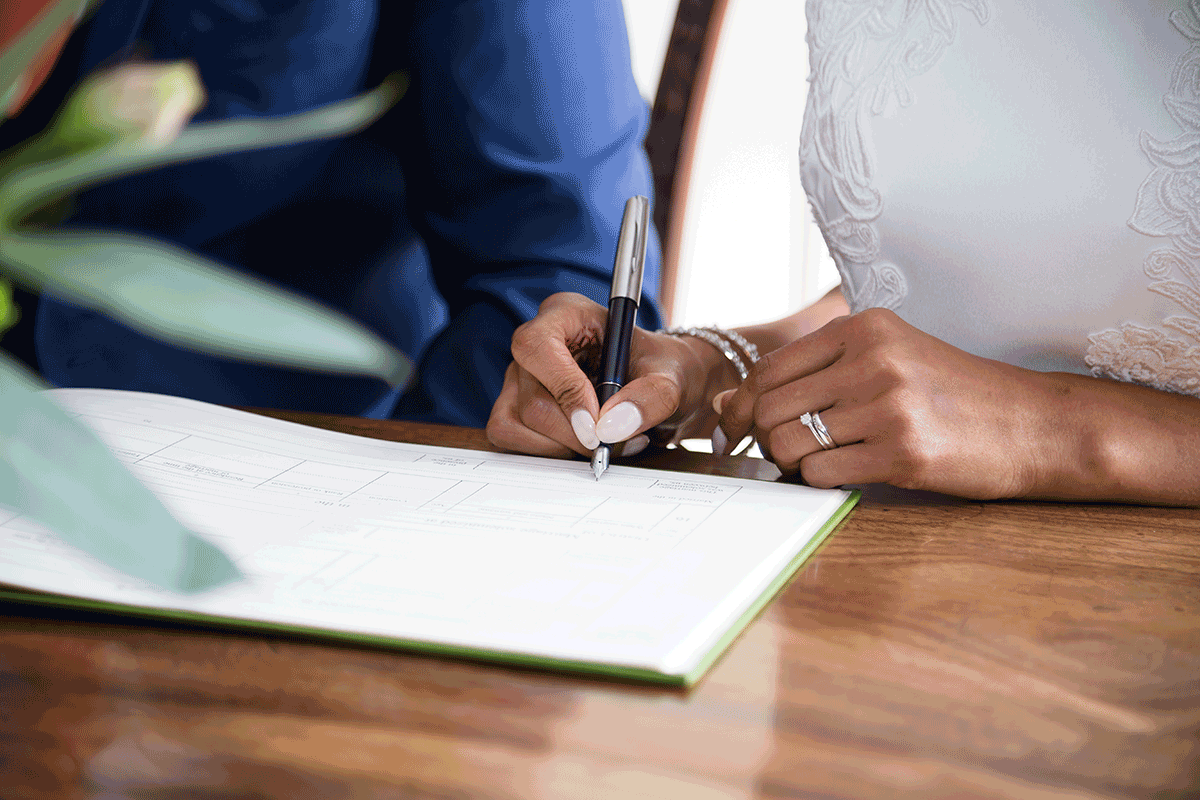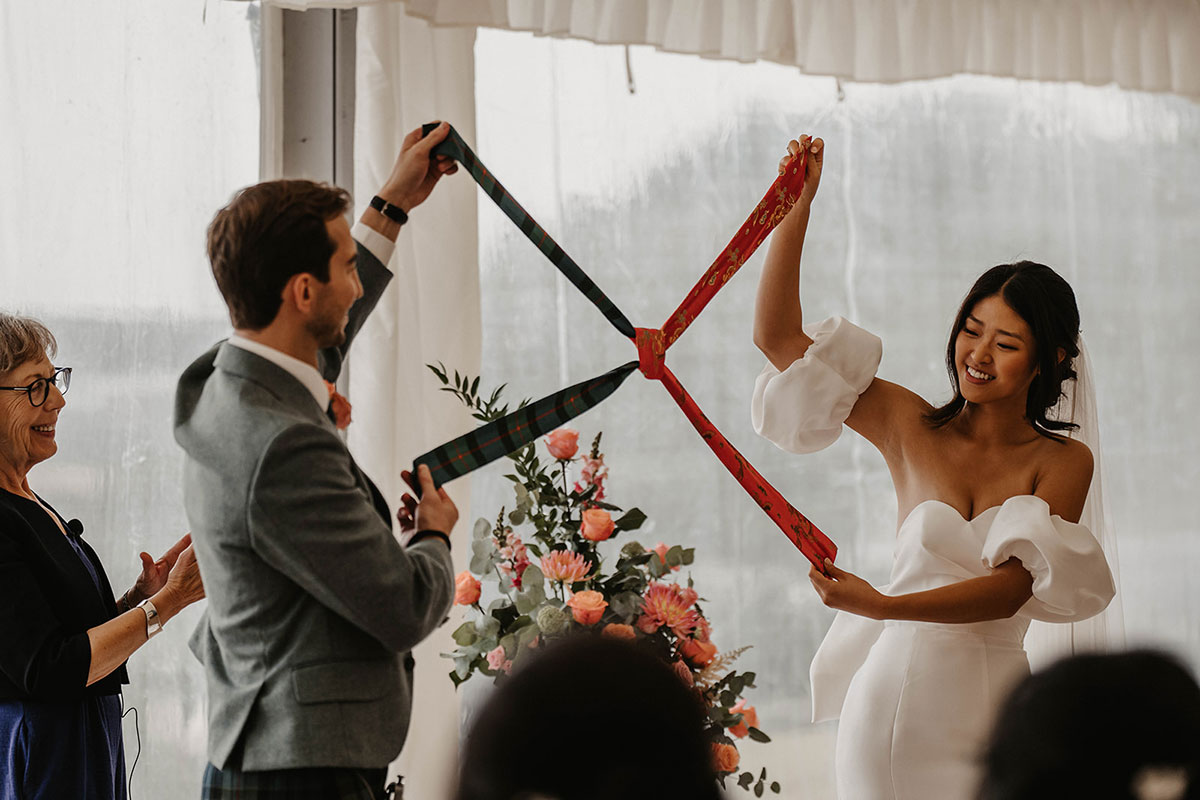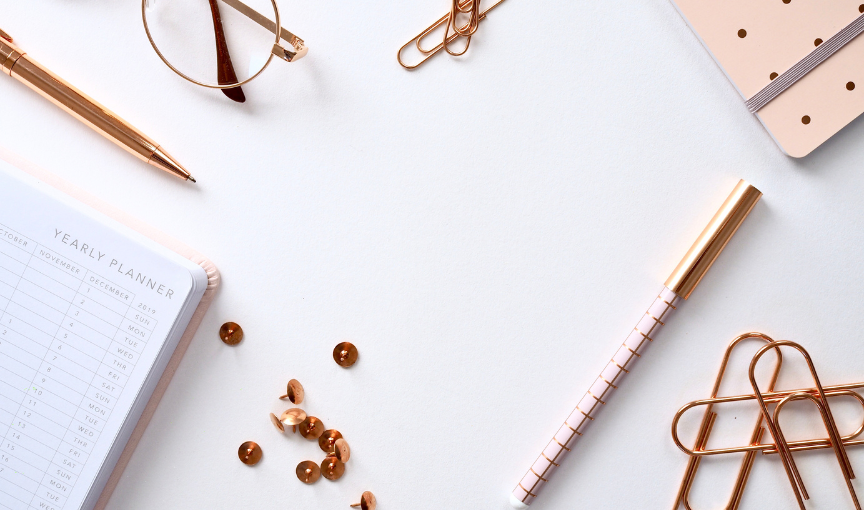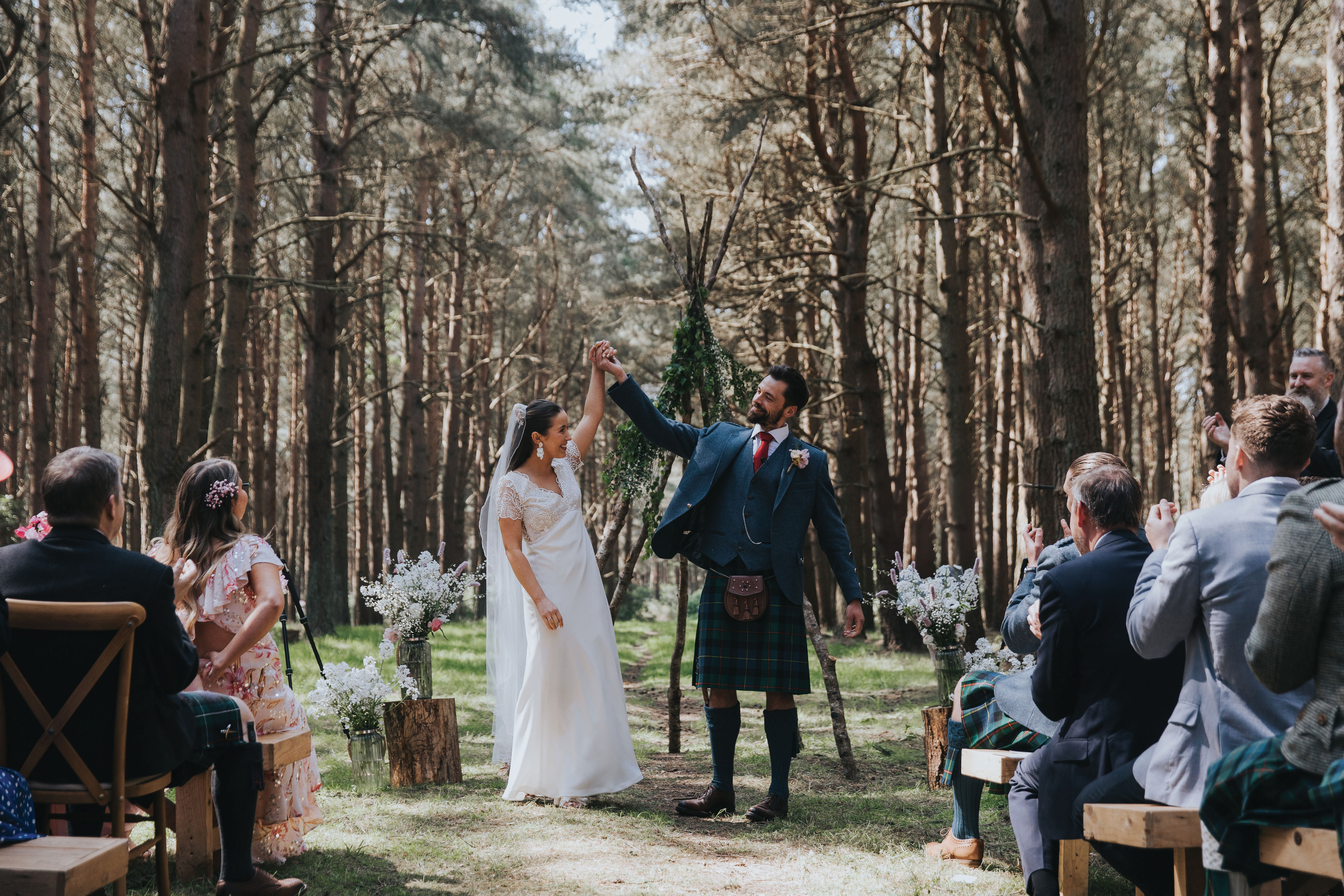Are you looking to change your name after your wedding? Find out everything you need to know (including the legalities) in our handy guide
Planning a wedding can be stressful enough (although hopefully our handy guide here will help!) without thinking about all the things you need to do afterwards – like changing your surname.
Now, it’s important to remember that you don’t have to change your name when you get married or enter a civil partnership. You have the options to keep your maiden/original name, your other half could take your surname, or you could double-barrel them.
However, if you do wish to keep things traditional and change it, there are a few steps you need to follow...
How to change your name after the wedding
One of the tasks on your post-wedding checklist might include changing your name – and the good news is it’s not too confusing to do so.
However, the not-so-good news is that it can be time consuming. It requires sending a lot of paperwork to notify the relevant people of your new surname.
Before you start switching from your ‘old’ name to your ‘new’ one though, look out your marriage certificate as most places will want the original copy (not a paper copy!) to certify that you’re now going by a different surname.
Places to inform include, but aren’t limited to, when changing your name are:
- Relevant government departments such as for your passport, the DVLA and HMRC
- Your bank and building societies
- Your employer
- The council
- Your landlord or mortgage provider
- Insurance policy providers
- Utility and service providers such as water and electricity
- Your GP and dentist
- Any club or society memberships
You may also need to update your marital status when updating these places with your new details.
How to fill in the marriage M10 form for getting married in Scotland
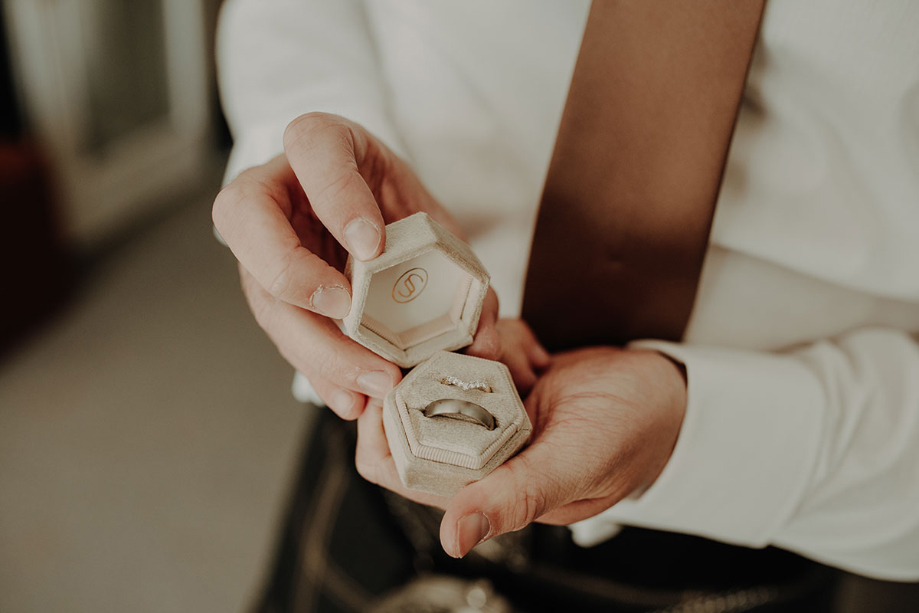
(Photo: Danielle Leslie Photography)
Legally changing your name in Scotland
It's important to note that it is not necessary to make a legal declaration in Scotland if you wish to change your name after getting married.
However, according to Citizens Advice, if you do wish to make an official register of your name then this change will be recorded against your original birth entry.
As mentioned above though, there is no real benefit in doing this as your marriage or civil partnership certificate is recognised as proof of a change of name in Scotland anyway.
Keeping your own surname after marrying
If you decide to keep your surname then you don’t have to do anything (result!) as none of your personal records or accounts will need to change.
Using a double-barrelled surname
If a bride or groom wishes to double-barrel their surname, they will often follow the same protocol as they would when changing their surname.
For example, they would just need to send copies of the marriage certificate to any relevant authorities along with a note stating their new chosen surname.
One thing to keep in mind is mentioning which order you want the names in and whether it is hyphenated!
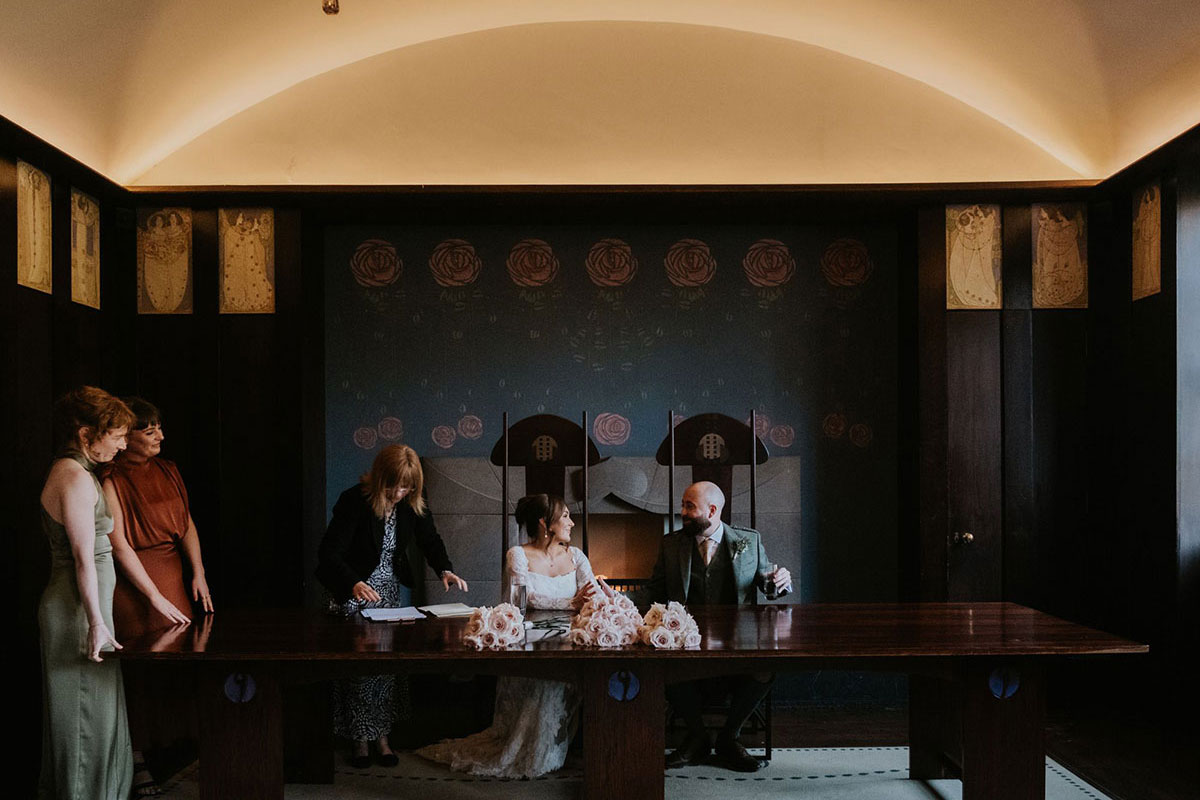
(Photo: Weddings by Andrew Low)
Time limits for name change after the wedding
Luckily, changing your name isn't something that you need to do right away.
That means you can decide when (or if) you want to do it long after the big day, and you also don't need to get the ball rolling on paperwork immediately after your ceremony either. For example, you could hold off until the date on your passport runs out.
Everything you need to know to plan your wedding ceremony in Scotland
How long does the process take?
Unfortunately, like with most paperwork processes, receiving documents with your new name on it (and also waiting for your original marriage license to make its way back to you) can face a bit of a delay.
Currently, both the DVLA and the UK Passport Office advise that a change of name on a driving licence or renewal of passport could take around four to six weeks to complete.
Advice on how to keep costs down for your wedding
How much does it cost to change your name after getting married?
Unlike most things when it comes to your wedding, changing your name doesn't cost a penny – yay!
Things like your passport (the price of a new one is £94.50) will, of course, mean money out your pocket but the actual process of changing your name won't. However, if you're going on a honeymoon, make sure the name on your passport matches your travel documents.
Another thing to note is that although it does not cost anything to change your name or gender on your driving licence, if you fail to notify the DVLA immediately of a name change, you can be fined up to £1,000.

